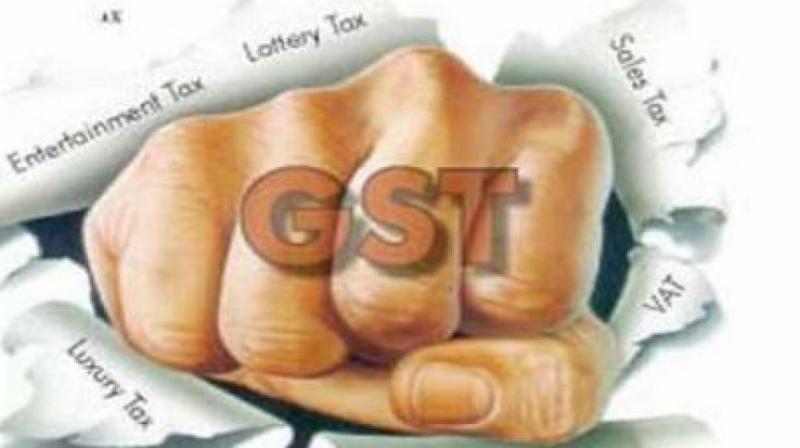Goods and Services Tax: What will be costlier and what will be cheaper?
In long term, GST regime will leave a positive impact on most of sectors in Indian economy.

Mumbai: The government is all set to put into effect Goods and Services Tax from July 1, its revised deadline. Earlier deadline of April 1 was changed due to differences over sharing of power and revenues.
Four key legislations — Central GST, Integrated GST, Union Territory GST and Compensation GST — have already been passed by Parliament.
GST which has widely been touted as a One Nation One Tax regime would create a single nationwide market. Experts say GST will drag India’s GDP by up to 2 per cent.
According to an article in The Economic Times, the biggest ever tax reform, in short term, will emerge as a mixed bag for the common man. Under GST, most of the services are likely to become costlier. And for goods, there will be a mixed trend as far as their prices are concerned.
In long term, the article said, GST will leave a positive impact on most of the sectors in Indian economy. The government may face an inflationary impact at the time of moving from indirect taxation system to GST regime, ET report said.
Here are some key facts on what will be costlier and what will cost less for consumers.
Some Services
In short term, these important services like mobile phone bills, renewal of premium for life insurance policies, banking and investment management services will cost more. Luxuries like Wi-Fi and DTH services, online booking of tickets will also come at higher prices.
Essential Services
Initially some essential services are also likely to be costlier. House rent, availing healthcare benefits, paying for children's school fee, some courier services, travel to work by metro or local trains may also cost more.
White goods
White goods are not going to get a larger hit. It is expected that there will be only a 2-3 per cent plus or minus impact on white goods. White goods include television sets, washing machines, cooking appliances like stove etc.
Aerated drinks and sin goods
The government has recommended higher tax rates for sin goods. Sin goods include aerated drinks like Coca Cola and Pepsi, cigarettes and tobacco products. A peak rate of 40 per cent has been proposed for these goods.
These rates are subject to an impending change as the all-powerful GST Council has still not categorised various goods and services under the four-tier tax regime. GST proposes a lower 5 per cent, two standard tax rates of 12 and 18 per cent and a peak rate of 28 per cent.
Apart from that GST Council has incorporated a peak rate of 40 per cent only as an enabling provision so that the Council does not need to approach Parliament in future in case there was a need for a higher tax rate.

